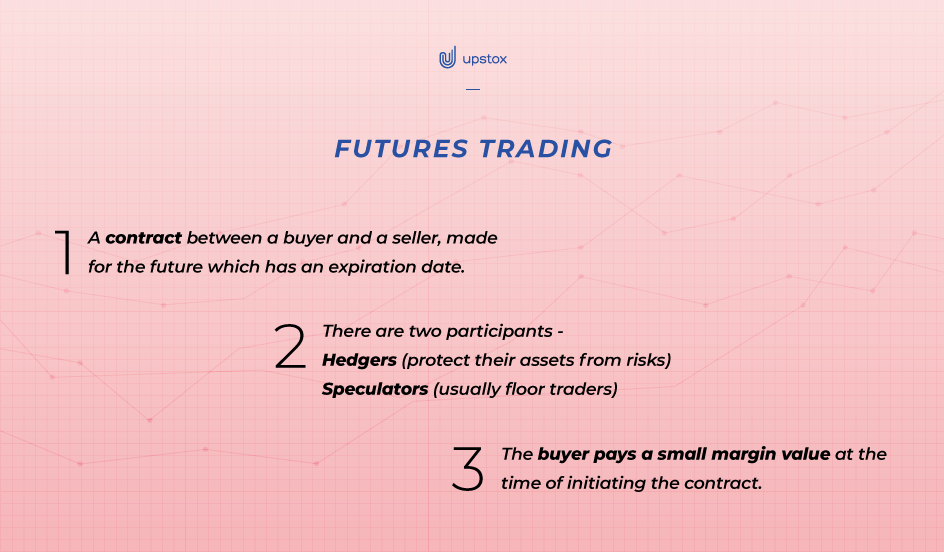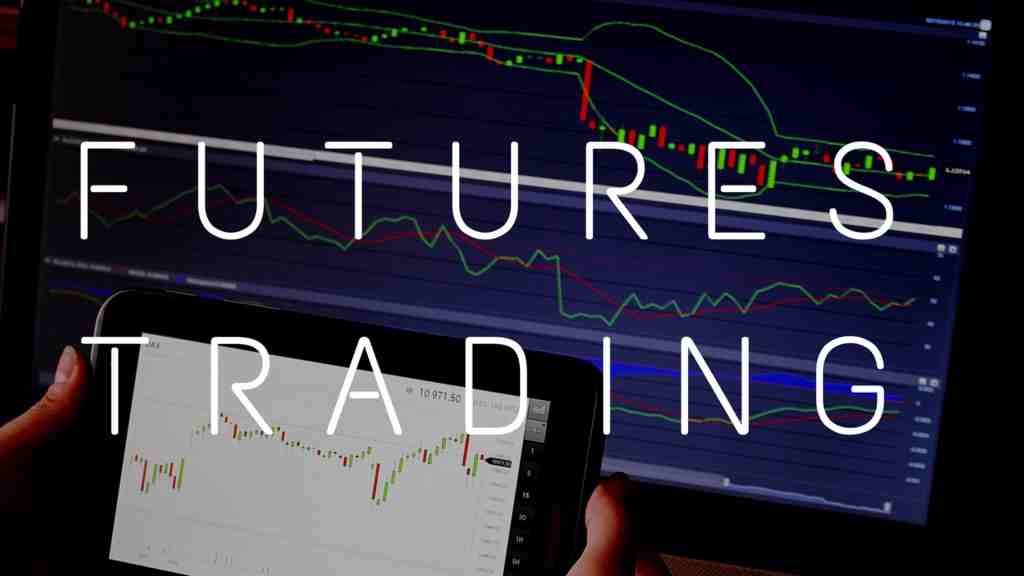Mastering Take Profit Trader Techniques for Long-Term Success
Futures trading is an investing strategy that has acquired substantial
attention in recent years. Whether you're a veteran investor or
exploring new ways to diversify your portfolio, knowledge how futures
trading works, and its potential benefits or risks, is vital in making
educated decisions. In this review, we'll break down what Futures trading discount and help you examine whether it's the best choice for the economic goals.
What Is Futures Trading?
Futures
trading involves getting or offering contracts that obligate the buyer
to buy or owner to offer a certain advantage at a predetermined cost in
the future. These resources may range from commodities like fat, gold,
and agricultural services and products to economic devices such as for
instance stock indices or currencies. The primary purpose? Speculation
or hedging against cost variations in the main asset.

Like, a cafe might use futures agreements to lock in coffee bean prices, protecting themselves from potential future increases. On the other hand, a speculative trader may deal contracts seeking to benefit from value changes.
Features of Futures Trading
Futures trading offers a few compelling advantages which make it a well known strategy in modern investing.
1. Influence and Capital Effectiveness
Futures agreements involve merely a little proportion of the full total value (known as margin) to control a substantial asset. That leverage may enhance returns, allowing traders to regulate resources much price significantly more than their preliminary investment.
2. Industry Transparency
Futures areas operate on regulated exchanges with standardized contracts. This assures a higher level of cost visibility and decreases possible errors between customers and sellers.
3. Diversification Opportunities
Futures trading offers use of a wide variety of markets, from commodities to world wide currencies. This diversification enables traders to distribute risk across different industries, improving their portfolio.
Risks to Be Conscious Of
Like any expense method, futures trading has its disadvantages, particularly if not approached with caution.
1. High Risk of Loss
Exactly the same power that magnifies earnings also can magnify losses. Rapid value actions in very leveraged jobs can result in losses exceeding your preliminary investment.
2. Market Volatility
Futures areas may be very volatile. Quick improvements in rates because of geopolitical events, source chain disruptions, or financial indications may somewhat impact returns.

3. Complexity
Futures trading involves a high understanding curve. Understanding the particulars of profit, settlement, and various agreement types is essential before entering the market.
Is Futures Trading Correct for You?
Futures trading can be an outstanding selection for investors who understand its intricacies and have the danger threshold for potentially unpredictable markets. It requires due homework, a solid chance administration strategy, and frequent industry monitoring. If you're a new comer to trading, starting with less complex instruments will make more sense, but also for these trying to hedge or speculate with a further understanding, futures trading presents distinctive opportunities.
Comments
Post a Comment